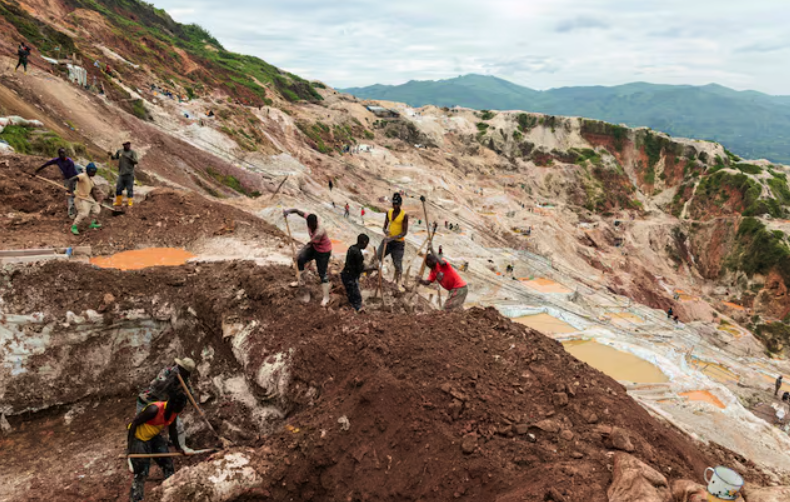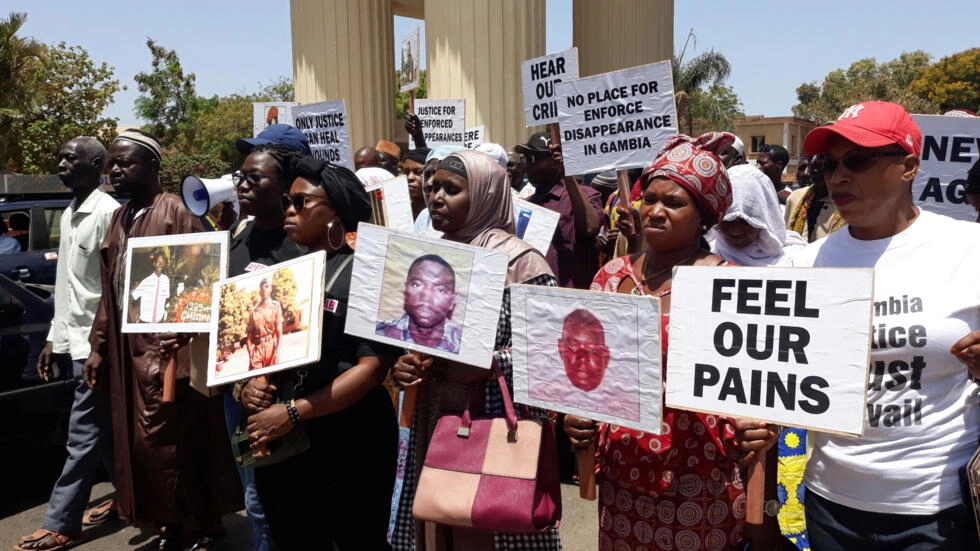Gambiaj.com – (BANJUL, The Gambia) – In January, The Gambia will undergo review alongside 13 other countries during the 48th Universal Periodic Review (UPR) submissions. Conducted every four to five years, the UPR provides UN member states an opportunity to report on their human rights progress and challenges.
Ahead of this review, the National Human Rights Commission (NHRC) of The Gambia has raised significant concerns over the slow implementation of the Government White Paper based on the recommendations of the Truth, Reconciliation, and Reparations Commission (TRRC). These concerns were outlined in the NHRC’s 2024 report to the United Nations Human Rights Council.
The NHRC, along with civil society organizations including the Solo Sandeng Foundation, Give 1 Project, Women in Liberation and Leadership (WILL), and the Inclusivity Project, submitted reports during the UPR pre-session in November.
In its submission, the NHRC highlighted critical issues, including the continued presence of individuals implicated by the TRRC in public office, the sluggish pace of security sector reforms despite the TRRC’s documentation of security personnel’s involvement in human rights violations, and the lack of concrete measures to locate disappeared persons.
Additionally, the NHRC noted the government’s inadequate human and technical capacity to implement the TRRC’s recommendations effectively.
The report also expressed concerns over the limited domestic prosecution of cases arising from the TRRC findings, with only two cases pursued so far, and the absence of a Victims Reparations Commission.
In its national report to the UPR, the Gambian government acknowledged these challenges but outlined measures taken to address them.
Two laws, the Special Prosecutor’s Office Act 2024 and the Special Accountability Mechanism (TRRC) Act 2024, have been enacted to facilitate the implementation of the White Paper. Additionally, a special criminal division of the High Court has been established to try TRRC-related cases.
The government stated its commitment to ensuring that individuals accused of serious human rights abuses, including enforced disappearances, would not benefit from any amnesty laws. It also revealed plans to establish a special prosecution system for such cases.
Despite these commitments, the government admitted to ongoing challenges, including limited forensic investigation capabilities, difficulties in establishing accountability mechanisms, and insufficient resources for prosecution, witness protection, archiving, and memorialization efforts.
The UN High Commissioner for Human Rights also flagged concerns about the Amnesty Recommendation Committee’s decision to grant amnesty to Sanna Sabally, a TRRC-identified perpetrator of serious human rights violations during the November 11, 1994 massacre.
This decision was criticized for being inconsistent with the TRRC Act, which prohibits amnesty for crimes against humanity, and for excluding victims from the consultation process. Families of victims expressed their opposition, citing the lack of transparency and accountability.
The UN Special Rapporteur on Truth, Justice, Reparations, and Guarantees of Non-Recurrence recommended that The Gambia investigate and prosecute individuals implicated in human rights violations, ensure effective and timely prosecution aligned with international standards, and refrain from granting amnesties for serious crimes, as mandated by international law.
Meanwhile, in a significant development, the ECOWAS Heads of State and Government approved the establishment of the Special Tribunal for The Gambia on December 15, 2024. This groundbreaking tribunal aims to prosecute perpetrators of gross human rights violations committed between July 1994 and January 2017 under the regime of former President Yahya Jammeh.
As The Gambia prepares for its UPR review, the international community will closely monitor its progress in implementing the TRRC recommendations, addressing victims’ grievances, and ensuring accountability for past atrocities.










